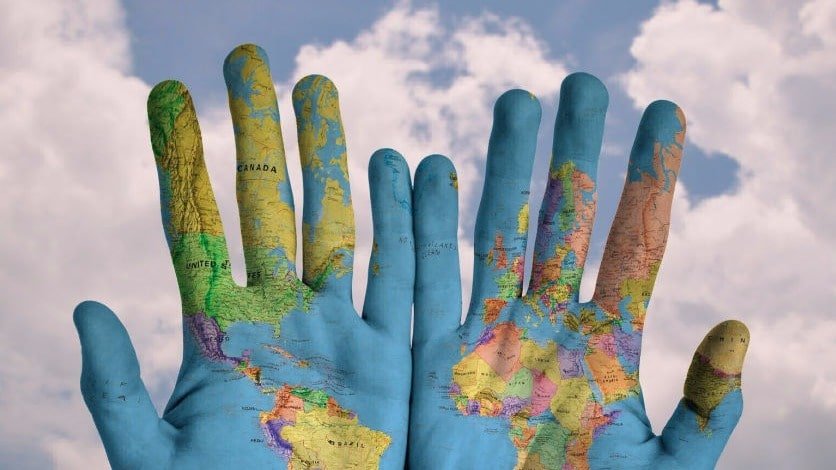Comments
- No comments found

Every day it seems we wake up to more bad news. Record-breaking forest fires in Australia or California.
Sea ice melting in the Arctic. Deforestation in the Amazon. It’s hard not to get despondent. Nothing we do matters, right?
Except, nothing could be more wrong. Climate change, pollution, deforestation, mass extinctions: it’s easy to think these problems are bigger than all of us. That the only real solution is to live in the woods wearing hairshirts and dining on berries. But there are simple changes we can all make to alter our environmental footprint radically.
Here are the most impactful ways to protect the planet.
Comparing resource footprints between nations: an average American consumes four times more than the Chinese, twenty times more than Indians, and 250 times more than Ethiopians.
While we’re all encouraged to recycle and reuse what we own, it’s far easier to cut out the middle man: buy less. That means opting for food with little or no packaging. No more cheap children’s toys. No more new smartphones every year.
Strip life back to the essential – with a treat once in a while. Ask yourself, do I really need this? You’ll also save a ton of money and declutter your life
Back in 1993, space heating consumed 53.1% of all energy consumed in US homes. By 2009 that figure had dropped to 41.5%. Still, even with improvements in insulation and more efficient windows, turning the thermostat down a degree or two can have a huge impact. Indeed, turning your thermostat down two degrees in winter and up two degrees in summer keeps a colossal 880 pounds of CO2 out of the atmosphere.
(Top tip: lowering your washing temperature is also a fantastic way to save money and the planet!)
Eating sustainably seems like the hardest task of all. You cut out meat and eat avocados and almonds only to discover they’re the cause of mass deforestation. You swap to fish only to learn of overfishing. You’re damned if you do; damned if you don’t.
Except there are a few simple rules to follow:
The old classic. Creating a circular economy in which we don’t waste resources is pivotal for a green economy. Old phones can be donated; plastic recycled. That old coffee container just became your new pen holder.
Think creatively and get the circular economy turning.
Just as with food, buying clothes or furniture from local producers reduces miles, stops the need for deliveries, and boosts your local economy. That means more jobs, fewer resources, and more efficiency. You’ll also get unique, bespoke items rather than factory-produced, cookie-cutter products. What’s not to like?
Follow these simple tips, and you’ll be lowering your footprint in no time. It may feel like a drop in the ocean, but as the saying goes, an ocean is made of drops.
Badr Berrada is a tech entrepreneur & international best-selling author. As a Founder & CEO of BBN Times, he manages a team of more than 150 renowned industry experts. He has been featured in renowned publications such as Forbes Magazine, Business Insider, Yahoo! News, Thrive Global, Irish Tech News, Khaleej Times, Herald-Tribune, Pulse Ghana, le360 and IdeaMensch. Badr Berrada is also the CEO of Tech BSB, a consulting platform that provides services in artificial intelligence, cybersecurity, data analytics, cloud computing and sustainability. He co-authored The Growth Hacking Book: Most Guarded Growth Marketing Secrets The Silicon Valley Giants Don’t Want You To Know and The Growth Hacking Book 2 : 100 Proven Hacks for Business and Startup Success in the New Decade. Badr holds a master's degree in Economy, Risk and Society from the London School of Economics and a bachelor degree in Finance from Cass Business School.
Leave your comments
Post comment as a guest